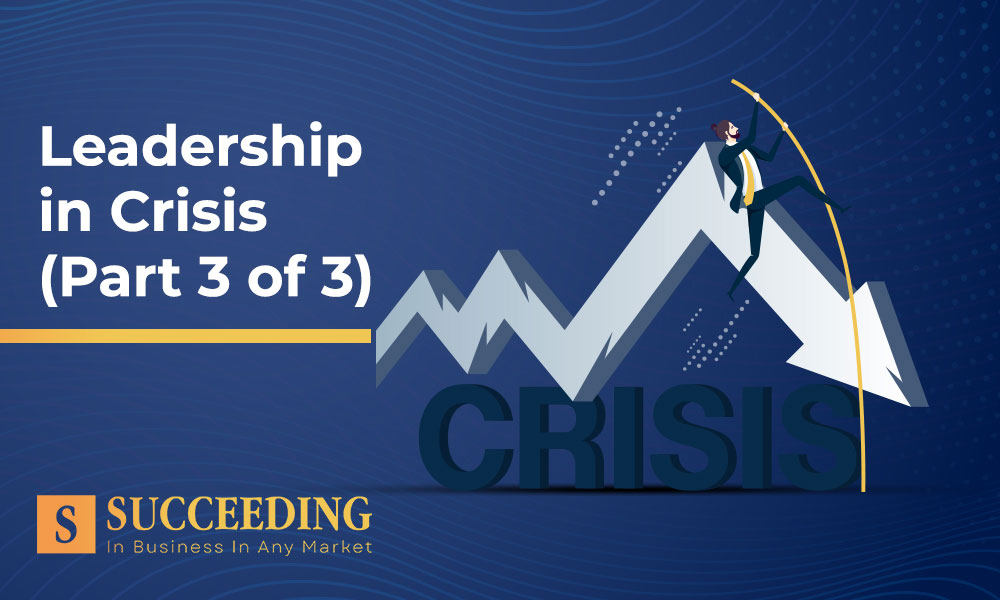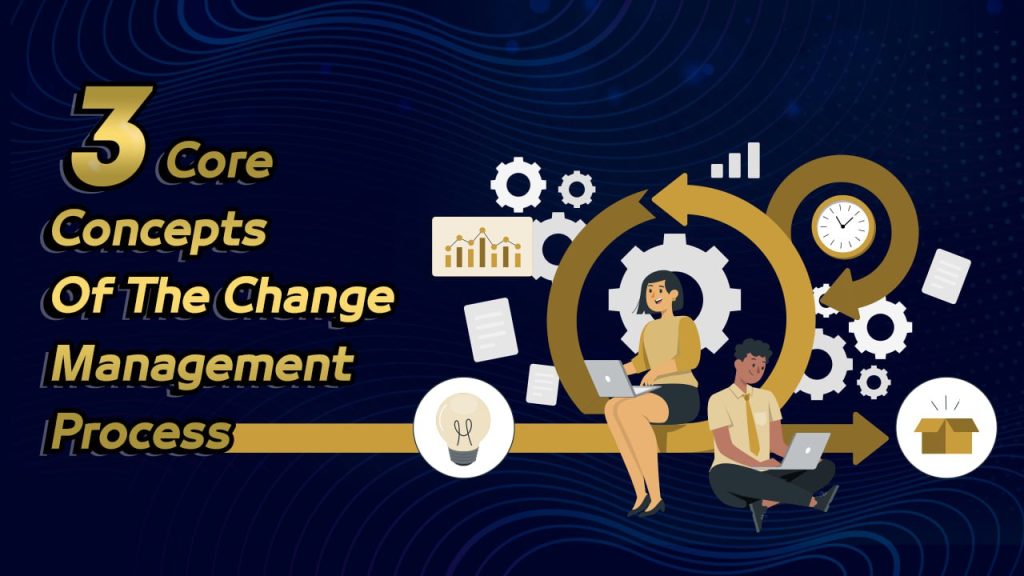Post Date: March 4, 2024

In the intricate dance of sales, the closing phase is the crescendo, the moment where all efforts culminate in sealing the deal. Mastering effective sales closing strategies is not just a skill; it’s an art. This article delves into the nuances of the closing process, exploring various techniques and emphasizing the importance of adaptability and relationship-building. Welcome to the world of effective sales closing strategies.

Understanding the Sales Closing Process
1.1 The Closing as a Culmination:
The sales closing is the apex of the sales journey, the moment when prospects transition from potential customers to valued clients. Its importance extends beyond securing a deal; it lays the foundation for lasting relationships. Acknowledging the significance of the closing phase sets the stage for exploring the diverse range of closing techniques.
1.2 Common Challenges in Closing:
Closing deals isn’t always smooth sailing. Objections, hesitations, and uncertainties are common challenges faced during this crucial phase. Recognizing these challenges is the first step toward overcoming them. Effective sales professionals understand the need for adaptable strategies that can address different scenarios and customer concerns.
Effective Sales Closing Strategies
2.1 The Assumptive Close:
The assumptive close is a bold yet effective strategy where the salesperson assumes the prospect is ready to make a purchase. This technique requires a keen understanding of the customer’s readiness. We’ll explore scenarios where the assumptive close is impactful and discuss the delicate art of gauging customer readiness.
2.2 The Trial Close:
The trial close is a strategic move to gauge customer interest before the final close. It involves testing the waters to ensure the prospect is ready for the ask. Different trial close approaches will be discussed, showcasing instances where this technique helped in overcoming objections or uncertainties.
2.3 The Alternative Choice Close:
Presenting the prospect with two favorable options defines the alternative choice close. This technique empowers the customer by giving them a sense of control. We’ll delve into framing alternatives effectively and share success stories illustrating how the alternative choice close can lead to decisive actions.
2.4 The Urgency Close:
Creating a sense of urgency is a powerful closing technique that leverages time-sensitive incentives. While effective, ethical considerations are paramount. We’ll explore the urgency close, its ethical application and provide examples of scenarios where this technique contributed to successful deal closures.
Building Rapport for Effortless Closures
3.1 Relationship Building Throughout the Sales Process:
Effective closures often start long before the final ask. Building rapport throughout the sales process creates an environment conducive to easy closures. We’ll discuss the role of relationship-building and share practical tips for nurturing connections with potential clients.
3.2 Active Listening in Closing:
Active listening during the closing phase is a superpower. Understanding customer concerns allows for tailored closing strategies. Real-world examples will highlight instances where active listening led to successful closures, emphasizing the importance of genuinely understanding the prospect’s needs.
Overcoming Objections with Closing in Mind
4.1 Addressing Common Objections:
Objections are part and parcel of the closing process. Identifying common objections and providing effective responses is crucial. We’ll discuss strategies to overcome objections and illustrate how anticipating objections can streamline the closing process.
4.2 Closing the Deal After Objections:
When objections arise, regaining momentum is an art. Techniques for persisting without being pushy will be explored. Success stories will demonstrate how adeptly handling objections can lead to successful closures and strengthen the customer relationship.

Conclusion:
Mastering effective sales closing strategies is a continuous journey of learning and adaptation. The ability to navigate the closing process with finesse, employing a variety of techniques, and building strong rapport can transform a potential loss into a resounding win.
Reflect on your own closing techniques and consider incorporating new strategies discussed in the article. Share your experiences and insights into successful closing methods with your peers and mentors.
FAQs:
Q1: Can effective sales closing strategies be applied across different industries?
A1: Yes, effective sales closing strategies are adaptable and can be applied across various industries. While nuances may exist, the fundamental principles of understanding customer needs and employing persuasive techniques remain universal.
Q2: How can sales professionals determine the most suitable closing technique for a particular prospect?
A2: Tailoring the closing technique to a specific prospect involves assessing their communication style, preferences, and readiness. A thorough understanding of the prospect gained through active listening and relationship building helps in selecting the most effective approach.
Q3: Is it possible to close a deal without facing objections?
A3: While objections are a common part of the sales process, proactive communication, building rapport, and addressing concerns throughout the sales journey can minimize objections during the closing phase. However, being prepared to handle objections effectively is crucial for successful closures.





